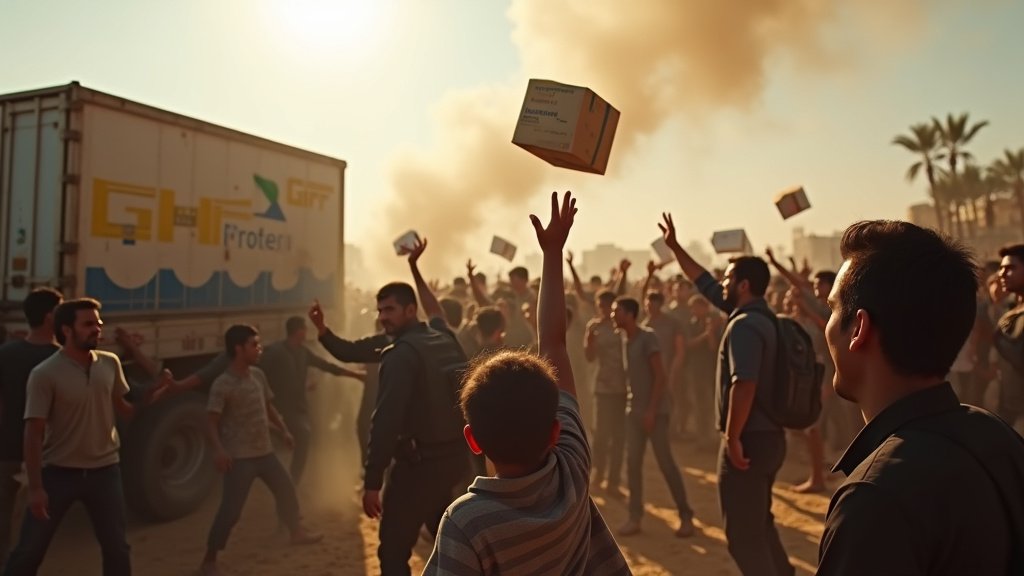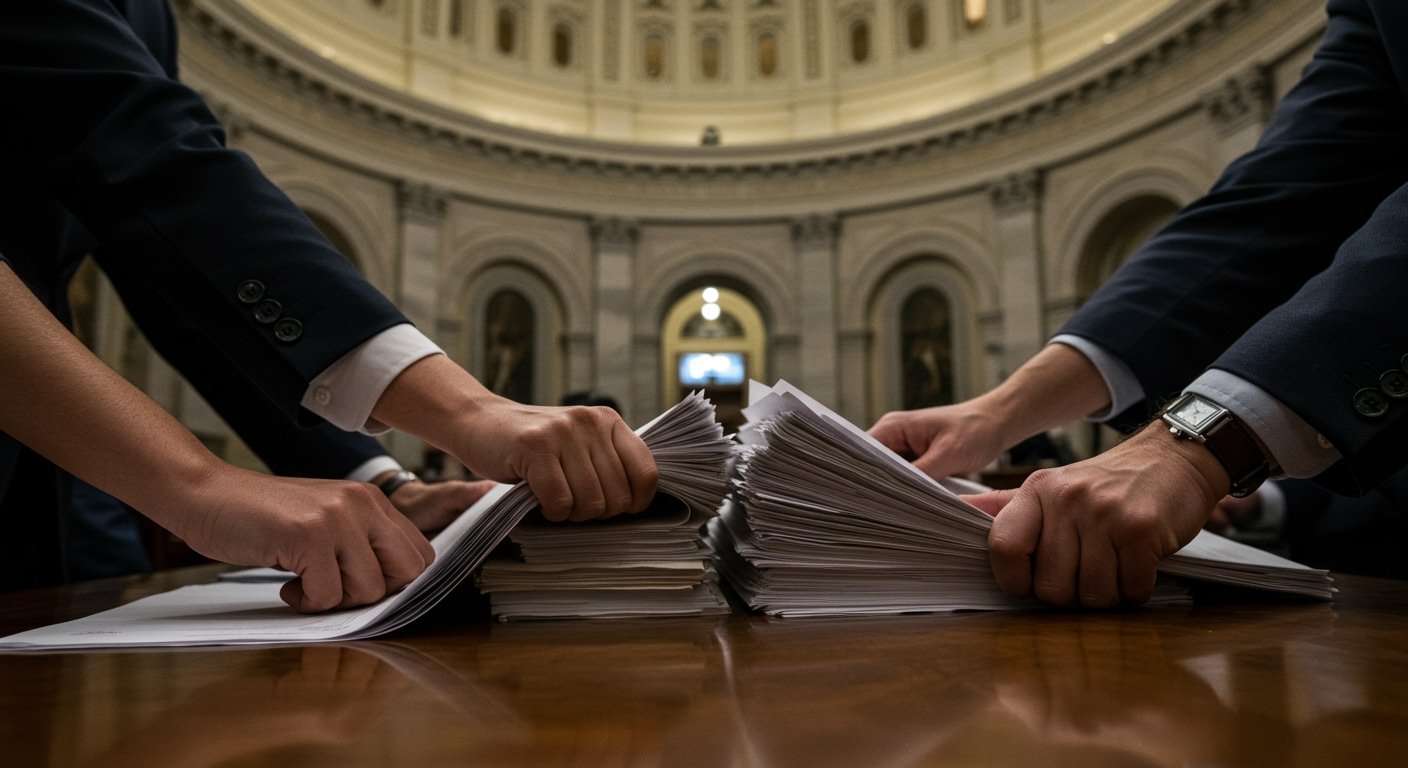In a significant escalation of Middle East tensions, the United States military, acting in coordination with Israel, conducted strikes on three Iranian nuclear facilities on Sunday, June 22, 2025.
Operation Midnight Hammer Launched Against Key Nuclear Sites
The pre-dawn operation, dubbed “Operation Midnight Hammer,” targeted sites at Fordow, Natanz, and Isfahan, key locations within Iran’s nuclear program. The strikes involved the deployment of B-2 stealth bombers, which delivered 30,000 lb Massive Ordinance Penetrator (MOP) bunker-buster bombs onto the facilities. This marks the first recorded combat use of these powerful munitions, designed to penetrate deeply buried or hardened targets.
President Donald Trump was swift to comment on the outcome, asserting the strikes inflicted “monumental damage” and had “totally obliterated” the targeted facilities. However, other US officials offered a more tempered assessment, stating that the full extent of the damage was still being evaluated in the hours following the operation.
Iran Vows Response Amid Regional Fallout
The strikes triggered immediate and forceful condemnation from Tehran. Iran vowed a “proportionate response” to the US military action. In a move with potentially severe global economic implications, Iran’s Parliament voted to close the vital Strait of Hormuz, a critical chokepoint for international oil and gas shipments.
The US State Department reacted by issuing a “worldwide caution” alert for American citizens abroad, citing potential increased security risks in the wake of the strikes and the heightened regional tensions.
International Community Expresses Grave Concerns
The international community voiced alarm over the escalating situation. United Nations Secretary-General Antonio Guterres warned that the strikes marked a “perilous turn” and risked initiating a dangerous “cycle of retaliation” that could further destabilize the already volatile region.
Domestic Debate on Presidential Authority
In Washington, the operation quickly sparked a debate among lawmakers regarding the President’s authority to order such military action without explicit congressional approval. Several members of Congress, including Senator Tim Kaine and Representatives Thomas Massie and Ro Khanna, publicly called for Congress to vote on authorizing military action, questioning whether the President had the constitutional authority to act unilaterally in this instance without a formal declaration of war.
The Path Forward
The situation remains highly fluid, with regional and international observers closely monitoring developments. President Trump was scheduled to meet with his national security team on Monday, June 23, 2025, to thoroughly discuss the results of the strikes and plan the administration’s next steps.










